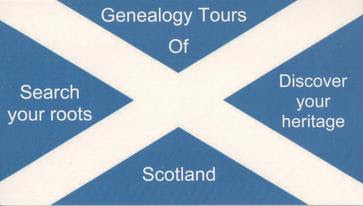John Rae was born in Orphir, Orkney, on 30th September 1813. As a young teen, Rae studied medicine at Edinburgh University and the Royal College of Physicians, qualifying at just nineteen years old.
Rae’s father worked for the HBC as an agent and so John signed on to be a ship’s surgeon on the HBC's ship, the Prince of Wales. However, his return trip became untenable due to the ice in that part of Canada in the winter, so the young Rae accepted a job as surgeon and clerk at Moose Factory. He remained there for 10 years.
Rae was tasked with mapping the Artic and set out to learn surveyor skills. He later made a series of expeditions to map the Arctic and also to look for Franklin’s lost expedition. One discovery that became critical was learning that King William Land was not a peninsula as everyone had thought, but was, in fact, an island. The body of water he discovered was named Rae Strait, after the explorer. And this was the last link in a navigable passage to the Northwest: a series of open channels that connected the Atlantic and Pacific oceans.
On each expedition, Rae once again relied on his relationships with the local indigenous communities. One community taught him the value of insulating his home with snow to keep the winds and water out. At an Inuit community, he learned about a group of 40 men who had been stranded on King William Land and had died. Many had resorted to cannibalism in order to attempt to stay alive. He also learned that the ships Franklin had used were ill supplied for any possible adversity, having carried a large library, player piano, silverware and tinned food. None of which were of much use when stranded in the frozen arctic. While the group had attempted to navigate an inland waterway in hopes of finding a settlement, they had not been successful. Their boat was discovered and several skeletons were also discovered nearby.
When Rae
returned to England and met with Franklin’s wife, she was horrified at the
thought of her husband turning to cannibalism and so dismissed Rae’s findings
altogether. This then altered the information recorded in the history books. Rae
was ignored as the person to discover the Northwest Passage and instead, that
accomplishment was wrongly assigned to Franklin.
Orkney is incredibly proud of their famous son. A statue of him watches over Stromness Harbour. There is a permanent exhibit retelling his story at the Stromness Museum. And there is a carved memorial to John Rae inside Kirkwall Cathedral. Rae is buried in the kirkyard at the Cathedral and has a rather unassuming headstone for a man who played such a prominent part in history.





Fascinating!!!
ReplyDelete